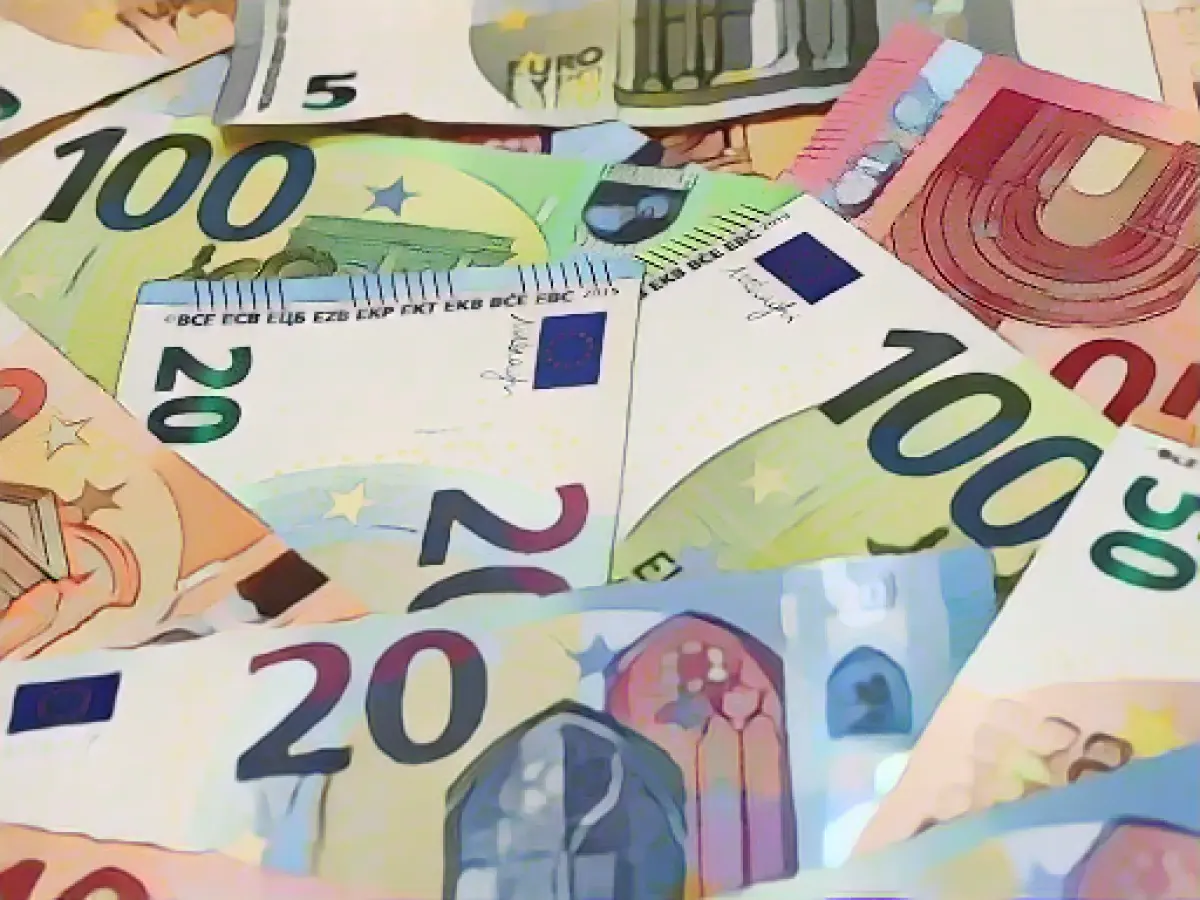Wallmerod receives funding from climate protection program
A funding program for balcony power plants, electricity storage for photovoltaic systems or bicycle parking spaces: The municipality of Wallmerod in the Westerwald district was the first to submit projects to the Municipal Investment Program for Climate Protection and Innovation (Kipki) and has now received the maximum funding amount of around 430,000 euros for implementation. Funding is also being provided for the construction of a new timber fire station and a photovoltaic system for an outdoor swimming pool. "All six measures are 100 per cent climate protection measures and are expected to save more than 134 tons of CO2 per year," explains the Climate Protection Ministry in Mainz.
Minister Katrin Eder (Greens) and Minister President Malu Dreyer (SPD) handed over the first funding decision from the 250 million euro Kipki on Wednesday. In Wallmerod, Dreyer spoke of "Germany's largest financing and advisory package for municipal climate protection" and emphasized: "Municipalities have a key role to play in climate protection." In order to achieve the goal of climate neutrality in Rhineland-Palatinate by 2040 at the latest, there needs to be solidarity in all socially relevant areas and reliable framework conditions for the business location.
80 percent of the 194 municipalities eligible to apply have registered on the funding platform so far, and well over 1,000 consultations have been held, according to the press release from Dreyer and Eder. Ten further municipalities have applied for registration. The deadline for applications is the end of January.
"To enable local authorities to get started quickly, we have gone through the legislative process at record speed, set up a completely digital funding procedure and provided comprehensive advice for local authorities," said Dreyer. "Five months after starting the application process, Wallmerod is the first municipality to receive its funding decision. This is proof of how quickly unbureaucratic project funding can bring concrete projects to fruition."
According to the ministry, local authorities can also select projects from the Kipki funding catalog that do not save CO2 but help to adapt to the consequences of climate change. These include, for example, greening facades and shading playgrounds, schoolyards and daycare centers.
The Municipalities in Rhineland-Palatinate play a crucial role in achieving climate neutrality by 2040, as highlighted by Minister President Malu Dreyer. To support them, the government offers funding for projects under the Municipal Investment Program for Climate Protection and Innovation (Kipki), which includes initiatives like constructing timber fire stations and installing photovoltaic systems, as demonstrated in Wallmerod.
Source: www.dpa.com








